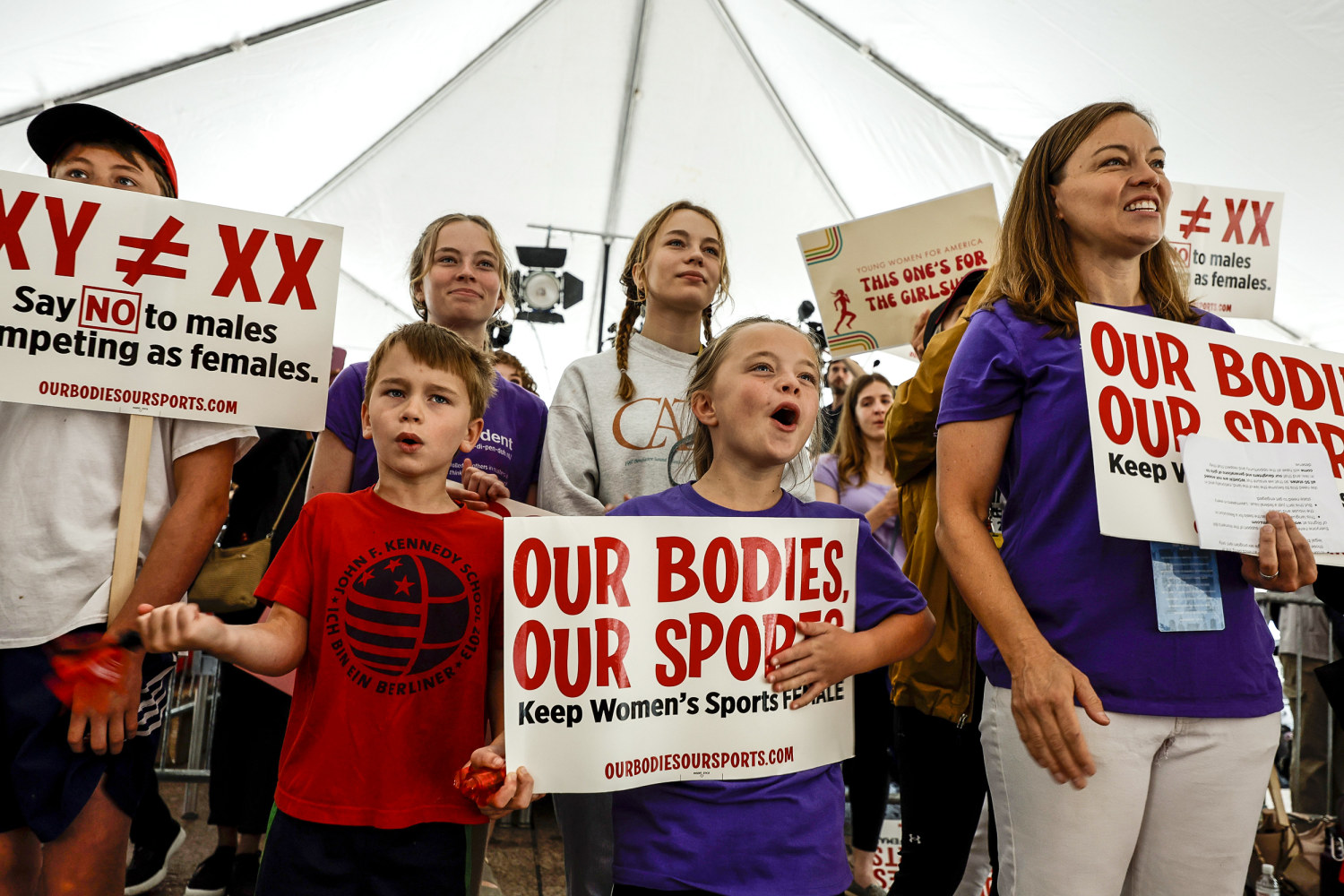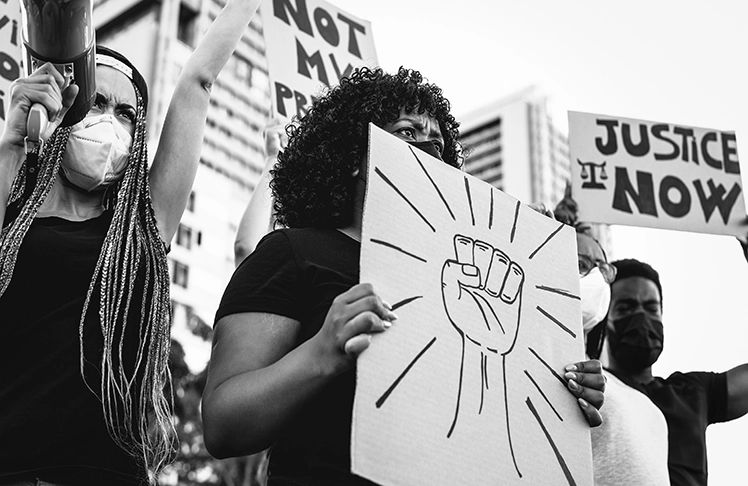- BlackVoter.Org
- Posts
- BlackVoter.Org
BlackVoter.Org

This February, Black History Month spotlights the vital contributions of African American labor leaders, such as Nannie Helen Burroughs, who fought against racism and sexism in the workforce. Burroughs, facing significant barriers, established the National Association of Wage Earners and an employment agency to empower Black women, illustrating the ongoing struggle for workers' rights.
The theme of this year's celebration, chosen prior to recent political shifts, has gained relevance amid attacks on diversity and Black history education. Scholars emphasize the critical connection between labor movements and the Civil Rights Movement, noting the ongoing fight for equality for Black workers.
Despite progress, significant challenges persist, including wage gaps and enduring discrimination. Leaders like April Verrett and Becky Pringle exemplify today's commitment to creating change, proving that the legacy of Black labor activism continues to shape America's workforce and push for justice and equity.

In a bold move that has sparked significant debate, President Donald Trump signed an executive order banning transgender women and girls from participating in female sports. Dubbed the “No Men in Women’s Sports Executive Order,” this decision marks the fourth such order targeting transgender individuals since his inauguration.
Trump claims the order protects women’s sports from what he describes as a "radical left" agenda that undermines biological sex. Critics, including LGBTQ rights advocates, argue that the measure is not only discriminatory but fosters a culture of fear and exclusion in athletics.
Furthermore, the NCAA has updated its policies to restrict women’s sports to those assigned female at birth, reflecting the sweeping impact of Trump's order. Supporters of the decision, like former swimmer Riley Gaines, celebrate it as a victory for fairness, while opponents decry it as harmful to both trans individuals and the integrity of women’s sports.

In a landmark decision, a New York appeals court has upheld the John R. Lewis Voting Rights Act, reaffirming protections against voting discrimination.
The 4-0 ruling overrules a previous decision that invalidated the law, ensuring local governments cannot impose restrictions that dilute the vote of racial minorities. Originally passed in 2022, this significant legislation mandates that regions with a history of discrimination must seek state approval before changing voting laws.
The case arose when residents of Newburgh claimed their at-large election system unfairly marginalized Hispanic and African-American voters. Attorney General Letitia James hailed the ruling, emphasizing that democracy flourishes when every citizen can participate equally at the polls.
This victory not only reinstates vital voting rights provisions but also sends a strong message about the importance of inclusive electoral systems.

Valdosta State University (VSU) is launching an exciting new initiative called the Educational Toolkit, aimed at empowering young learners in the community! This initiative, spearheaded by the Copeland African American Museum, is set to enrich the educational journey of elementary students by providing vital resources like professional email writing tips, paper structuring guidance, and multiplication mastery tools. Recently, the museum made a generous donation to the Valdosta City School System to kickstart this effort.
Dr. Jonathan Krispin, co-director of the museum, emphasized the importance of collaboration in shaping future generations.
Plans are already in place to expand this initiative to the Lowndes County School System, further magnifying its positive impact.

In a compelling analysis, David Harsanyi argues that the Democrats' reliance on identity politics is faltering. Historically rooted in racial divisions, this strategy is proving less effective, especially as seen in the 2024 presidential election where Donald Trump gained ground with minority voters, notably Latinos.
Harsanyi points out that treating diverse groups as monolithic entities oversimplifies their unique concerns and interests. He believes that many voters, especially in working-class communities, prioritize economic issues over divisive racial agendas.
The article highlights a shift toward class-based identities and a growing rejection of racialism, suggesting a potential decline in the Democratic Party's grip on its traditional coalition. Harsanyi emphasizes that a focus on shared economic challenges and a more inclusive understanding of identity could reshape American politics, urging Democrats to reconsider their approach before it's too late.

The U.S.
Agency for International Development (USAID) is facing a potential shake-up as the Trump administration and tech mogul Elon Musk push to shut it down or integrate it under the State Department. Established by John F.
Kennedy in 1961, USAID plays a crucial role in providing humanitarian assistance globally, serving over 100 countries with essential aid. Critics, including Trump and Musk, have labeled the agency as corrupt and ineffective, igniting a political firestorm.
Amidst budget discussions and recent staff layoffs, the future of USAID hangs in the balance, with experts warning that dismantling the agency could jeopardize vital health programs. Musk’s incendiary remarks about USAID's purported funding of bioweapon research have sparked outrage, with supporters asserting the agency's critical role in global health initiatives.
As the debate continues, officials stress that any changes would require formal legislative action, making the outcome of this political battle crucial for international aid efforts.

The article "The Future Of Black Political Power" highlights the significant progress in Black political representation, with over 10,000 leaders today compared to just 1,469 in 1970. Notable milestones include five Black senators, one Black governor, and a record 143 Black mayors leading major U.
S. cities.
While these achievements are commendable, the article emphasizes the persistent racial and economic disparities that still plague the African American community. It calls for strategic coalitions across racial and ethnic lines to address key issues like economic security and access to living wages.
The piece urges Black leaders to leverage their historic political gains to foster systemic change and combat recent attacks on diversity initiatives. As we celebrate Black History Month, the author, Dedrick Asante-Muhammad, encourages collective action and resilience, reminding us that progress, though hard-earned, is achievable in the ongoing fight for justice and equality.